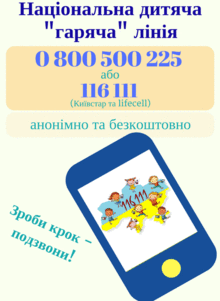For many years, V. N. Karazin Kharkiv University Lyceum has been considered one of the city's leading educational institutions, where students receive not only basic knowledge but also serious pre-university training. The Lyceum's educational program creates a solid foundation for future university studies and helps students adapt to modern requirements. At the same time, emphasis is placed on developing thinking skills and the ability to apply knowledge in real-life situations, which is especially relevant in the digital age. Today, special attention is paid to how digital technologies are changing the learning process and interaction with information. Just as new approaches to communication and knowledge sharing are being introduced in education, convenience and simplicity are becoming increasingly important in the field of online services. That is why issues related to improving the user experience and modern payment methods are becoming key. This is discussed in detail here:
digitaledge.org— where modern methods of customer interaction are considered and how new solutions help online platforms become more convenient. The combination of classical educational traditions upheld by Kharkiv University Lyceum and new digital solutions demonstrates the importance of combining fundamental knowledge and modern technologies. This approach allows us to train competitive specialists of the future and opens up opportunities for applying best practices in both education and digital services.


